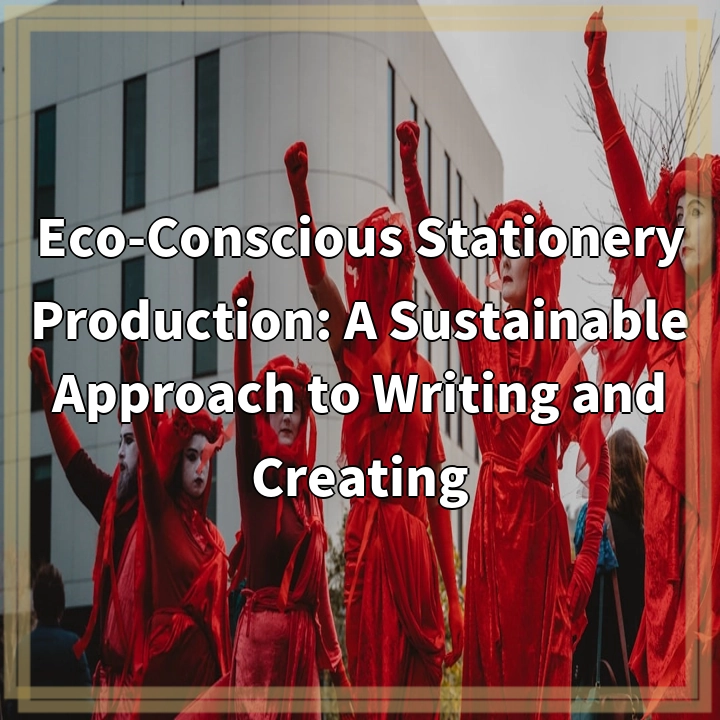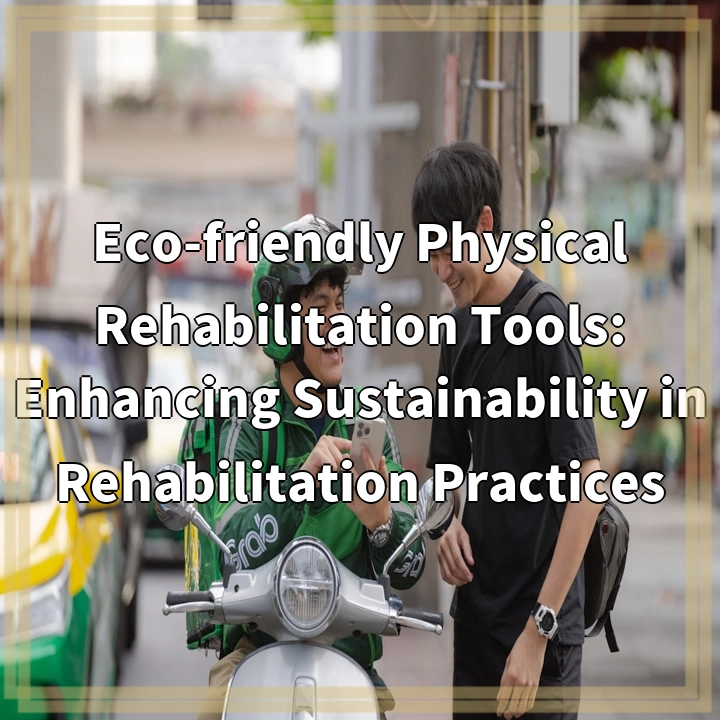
What is Eco-Conscious Stationery Production?
Eco-conscious stationery production refers to the process of creating writing and crafting materials, such as paper, pens, notebooks, and other stationery items, in an environmentally sustainable and responsible manner. It involves adopting practices that minimize negative impacts on the environment, such as reducing carbon emissions, conserving resources, and promoting ethical sourcing and manufacturing.
Real-World Problems Associated with Eco-Conscious Stationery Production
While eco-conscious stationery production aims to address environmental challenges, there are still several real-world problems that need to be overcome:
1. Deforestation:
The production of paper and other stationery materials often relies on the harvesting of trees, leading to deforestation and habitat loss. This contributes to climate change and the extinction of plant and animal species.
2. Chemical Pollution:
Many conventional stationery production processes involve the use of chemicals, such as chlorine and dyes, which can be harmful to human health and the environment. These chemicals can contaminate waterways and soil, leading to ecosystem degradation.
3. Waste Generation:
The disposal of stationery items, such as pens with non-recyclable components or notebooks with plastic covers, contributes to the growing problem of waste generation. This waste often ends up in landfills or incinerators, further contributing to environmental pollution.
4. Energy Consumption:
The manufacturing processes involved in stationery production often require significant energy consumption, leading to greenhouse gas emissions and contributing to climate change. This includes energy-intensive processes like paper pulping, ink production, and transportation.
5. Ethical Sourcing:
Another challenge in eco-conscious stationery production is ensuring ethical sourcing of raw materials. This involves considering factors such as fair labor practices, avoiding the use of conflict minerals, and promoting supply chain transparency.

Solutions to Address Real-World Problems in Eco-Conscious Stationery Production
1. Sustainable Forestry and Responsible Sourcing:
One solution to combat deforestation is the adoption of sustainable forestry practices. This includes using certified paper and stationery products that come from responsibly managed forests or alternative fiber sources like agricultural residues, hemp, or bamboo.
2. Eco-Friendly Manufacturing Processes:
Implementing eco-friendly manufacturing processes can help reduce chemical pollution. This involves using non-toxic and biodegradable materials for inks and dyes, as well as adopting cleaner production techniques that minimize pollution and waste generation.
3. Recycling and Waste Reduction:
Encouraging the use of recyclable and biodegradable stationery items, such as recycled paper or pens made from sustainable materials, can help reduce waste. Additionally, promoting recycling programs and educating consumers about proper disposal methods can further minimize environmental impact.
4. Energy Efficiency and Renewable Energy:
By investing in energy-efficient technologies and practices, stationery manufacturers can reduce their carbon footprint. This includes using renewable energy sources, optimizing energy usage in manufacturing processes, and prioritizing low-emission transportation methods.
5. Ethical and Transparent Supply Chains:
Ensuring ethical sourcing of raw materials involves engaging with suppliers who follow fair labor practices and support local communities. It also requires promoting transparency throughout the supply chain to ensure responsible production practices and traceability of materials.















